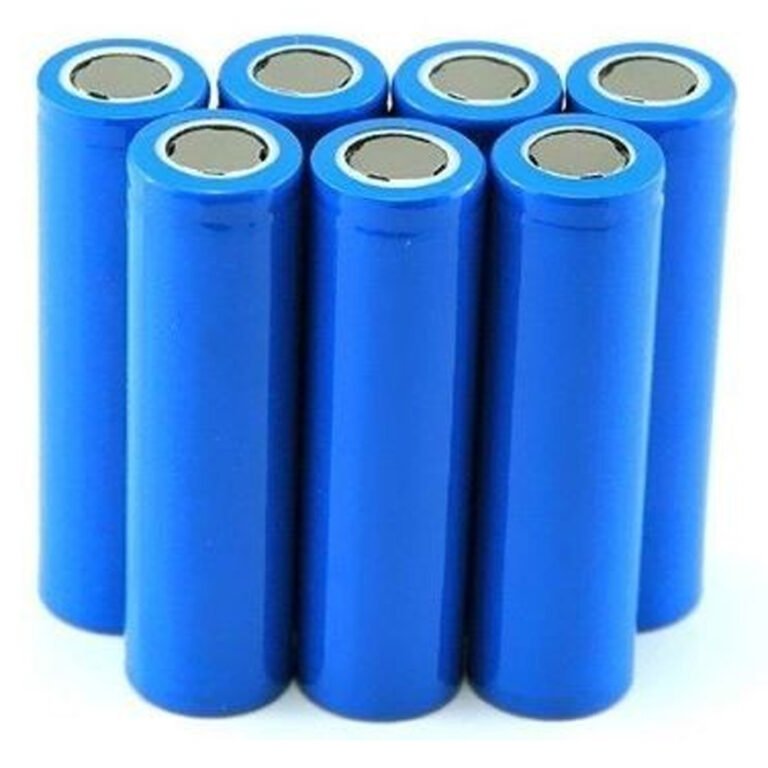Batteries are essential power sources for various electronic devices, from smartphones to electric cars. However, they are not immune to self-discharge, a process where batteries lose their charge over time even when not in use. Self-discharge is a common problem that affects the performance and lifespan of batteries. In this article, we will explore the causes, effects, and prevention measures of battery self-discharge.
Causes of Battery Self-Discharge
Several factors contribute to battery self-discharge. One of the main factors is the internal resistance of the battery. All batteries have internal resistance, which is the resistance that opposes the flow of current within the battery. This resistance leads to the conversion of a small amount of energy into heat, which ultimately reduces the battery’s charge capacity.
Another factor that contributes to self-discharge is the chemical reaction between the battery’s electrodes and electrolyte. This reaction continues even when the battery is not in use, leading to a gradual reduction in the battery’s charge capacity.
Temperature also plays a significant role in battery self-discharge. High temperatures accelerate the chemical reaction within the battery, leading to a faster self-discharge rate. Conversely, low temperatures reduce the battery’s internal resistance, slowing down the self-discharge rate.
Effects of Battery Self-Discharge
The effects of battery self-discharge depend on the battery type, age, and usage conditions. For example, a partially charged lithium-ion battery left idle for several months can lose its capacity to the point where it becomes unusable. Similarly, a lead-acid battery that remains discharged for an extended period may suffer from sulfation, a condition where lead sulfate crystals form on the electrodes, reducing the battery’s capacity.
In general, the effects of self-discharge include reduced battery life, decreased capacity, and reduced performance. The self-discharge rate can also vary depending on the battery type, usage conditions, and storage conditions. For instance, a battery stored in a hot and humid environment is more likely to self-discharge faster than one stored in a cool and dry environment.
Prevention Measures for Battery Self-Discharge
Preventing battery self-discharge requires understanding the factors that contribute to it and taking appropriate measures to mitigate them. Here are some prevention measures for battery self-discharge
Store batteries at room temperature As mentioned earlier, high temperatures accelerate battery self-discharge, while low temperatures slow it down. Therefore, it’s best to store batteries at room temperature, which is around 20-25 degrees Celsius.
Keep batteries charged Keeping batteries fully charged can reduce self-discharge by limiting the chemical reaction between the battery’s electrodes and electrolyte. If possible, charge batteries before storing them, especially if you plan to leave them idle for an extended period.
Use the right charger Using the right charger for your battery type can also help reduce self-discharge. Chargers that overcharge or undercharge batteries can cause irreversible damage, leading to a faster self-discharge rate.
Store batteries properly Proper storage of batteries can also reduce self-discharge. For example, storing batteries in a cool and dry place can slow down self-discharge, while storing them in a hot and humid place can accelerate it.
Conclusion
Battery self-discharge is a common problem that affects the performance and lifespan of batteries. However, understanding the causes and effects of self-discharge can help you take appropriate measures to prevent it. By storing batteries at room temperature, keeping them fully charged, using the right charger, and storing them properly, you can reduce self-discharge and extend the life of your batteries.
More News
32700 LiFePO4 Batteries Performance, Specifications, and Applications
What is The Structure of 18650 Battery and How Does It Affect Performance?
What is Lithium Polymer Battery?






